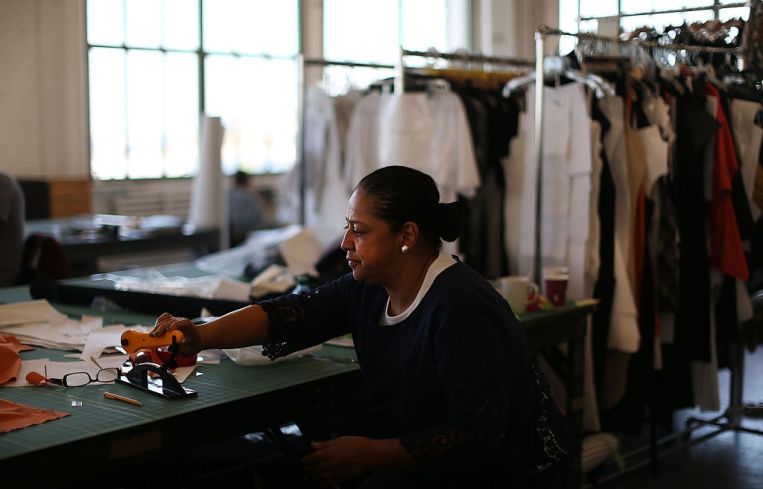City Planning Commission Sends NYC Commercial Zoning Tweaks to City Council
By Rebecca Baird-Remba March 6, 2024 11:56 am
reprints
The City Planning Commission has voted to send the Adams administration’s big package of commercial zoning reforms, known as City of Yes for Economic Opportunity, to the New York City Council.
The reforms aim to make it easier for businesses to expand in more parts of the city, with updates to rules affecting retail, nightlife, industrial space, manufacturing, life science labs, film studios and home businesses.
The 11-to-1 vote for the City of Yes reforms marks the second-to-last step in the nine-month public review process for the set of 20 zoning tweaks, which affect the entire city. After this, the full City Council must vote on the proposals to finalize their place in the zoning code.
“This is a momentous step forward for the future of mom-and-pop businesses in New York City,” said City Planning Commission Chair Dan Garodnick during Wednesday’s hearing. “Many parts of our zoning resolution for commercial and industrial districts are laughably outdated. They haven’t been updated in over 60 years, and arbitrarily and needlessly restrain small business growth and innovation.
“New Yorkers are tired of walking past empty storefronts, and it is a bad look when the city’s own rules are preventing us from filling them,” Garodnick added.
Notable updates in the package include expanding what kinds of businesses New Yorkers can operate in their homes; allowing retail on upper floors and above residential apartments in buildings; creating a new kind of zoning for multistory warehouses in industrial zones; expanding where science research labs, indoor farms and small manufacturers can operate; allowing new small retail stores in residential areas; and enabling retail stores that don’t conform to the underlying zoning to continue operating as retail even after they’ve been vacant for two years. Updates also allow amusement businesses to locate in most commercial areas, after largely being limited to industrial zones and Brooklyn’s Coney Island for decades.
The home business expansion would include uses that already occur in apartments — such as barbershops and salons, public relations, and interior decorators — that are banned in apartments under the current zoning code. The proposals would also allow small-scale manufacturers that don’t emit noxious fumes — like breweries, ceramics studios, bakeries, apparel and jewelry makers, and 3D printers — to operate outside industrial areas and for the first time open in commercial districts. The nightlife updates make it easier to host live performances and dancing in the same venue.
However, the Department of City Planning has been cowed by criticism from community boards into making a few changes to the proposals. It capped the limit for home businesses at 1,000 square feet, or 50 percent of an apartment, and those businesses won’t be allowed to use residential common areas. It forbade the conversion of residential space to retail.
And it added clarifications about the new nightlife rules, what kinds of small manufacturing will be allowed in commercial areas, and specific rules about environmental regulations — including for noxious chemical use and production — for science labs in commercial areas. Although the changes were aimed at ensuring the city no longer regulates dancing, the modified version of the proposal allows city inspectors to consider the presence of a dance floor in a restaurant or bar.
It wasn’t just local residents who had concerns about allowing more kinds of home businesses in New York City. A few members of the City Planning Commission also weighed in against them.
“I am troubled because many residential buildings have shared systems, both their air exchange, water, plumbing systems, and as such they’re not designed for a user that could operate 24 hours a day,” said Commissioner Gail Benjamin. “They could have many, many patrons. There could be safety issues, especially in buildings that don’t have a doorman or security system that’s robust.”
Benjamin suggested adding a registry for home businesses so neighbors can know what’s happening in their building.
Commissioner Leah Goodridge echoed Benjamin’s worries about strangers coming into residential buildings to patronize businesses. “With increased traffic and other people coming into the residence space that tenants don’t know, it really causes a lot of problems,” she said.
The City Council has 50 days to vote on the proposals. After the council weighs in on the zoning tweaks, they will move to Mayor Eric Adams for full approval.
Rebecca Baird-Remba can be reached at rbairdremba@commercialobserver.com



